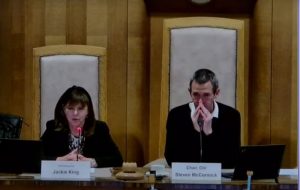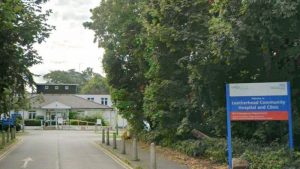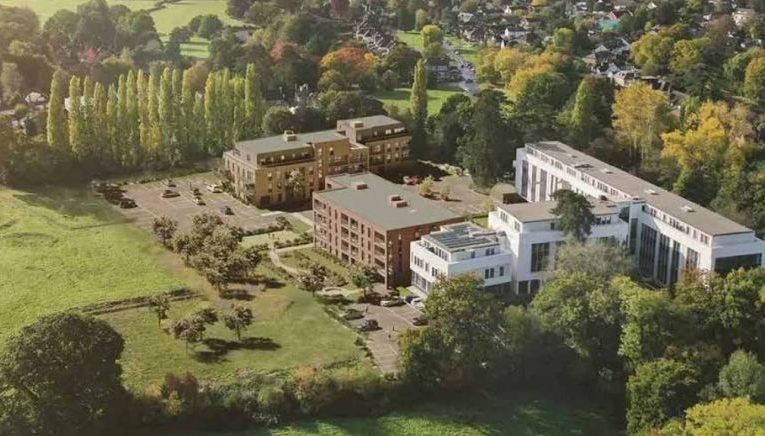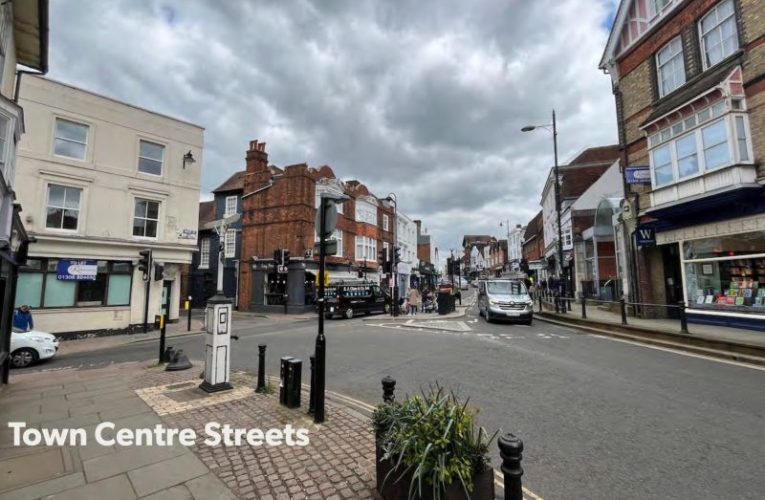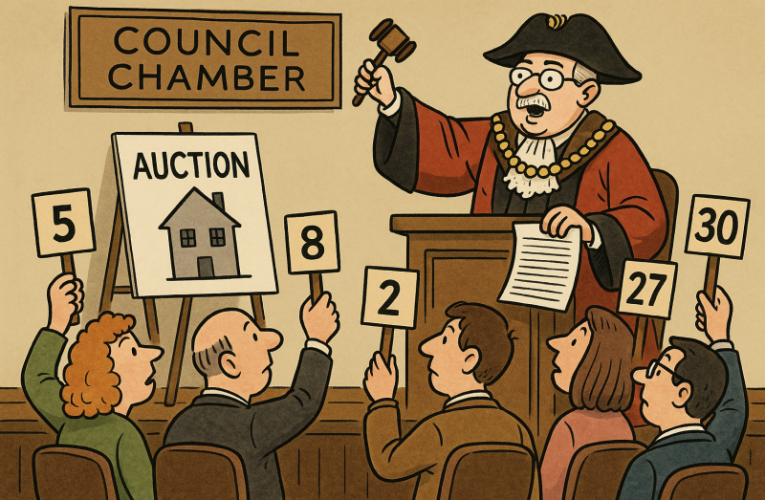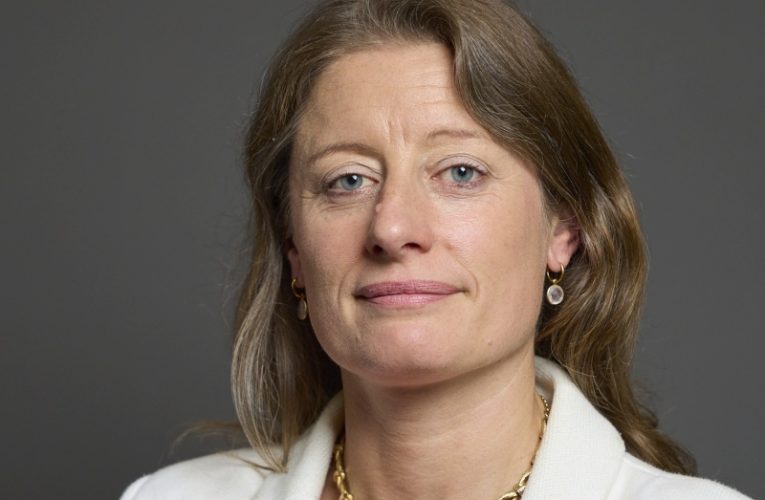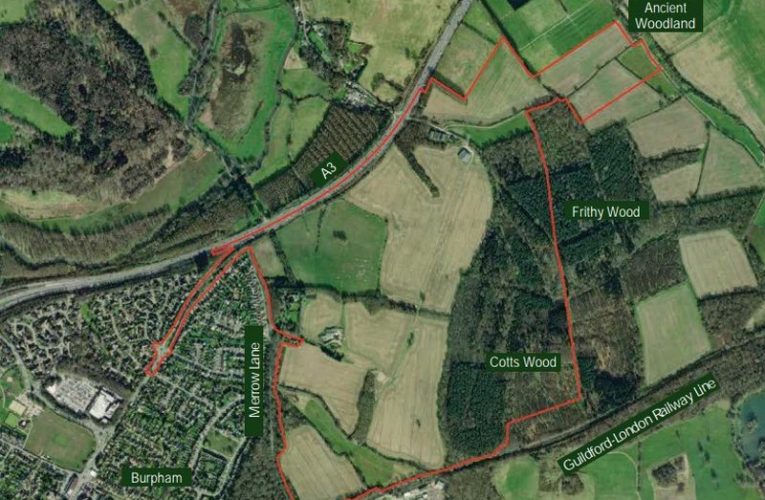Audit & Scrutiny grills council on transparency
Epsom & Ewell Borough Council’s Audit & Scrutiny Committee on 30 September 2025, chaired by Cllr Steven McCormick (RA Woodcote and Langley), devoted a lengthy section of its meeting to the thorny question of transparency in council decision-making. Crucially, members heard directly from Chief Executive Jackie King after councillors had pressed for her attendance over the summer.
Why transparency was on the agenda
The committee had asked for a management paper expanding on the Council’s response to Grant Thornton’s value-for-money recommendation that the authority “develop a clear approach towards transparency” and be “mindful of requirements to be open and accountable”. Officers’ paper recapped the auditors’ reference to the LGA peer team’s concerns about decision-making and the handling of a constitution and delegations update that was “not fully discussed in public meetings”.
Senior management defended the lawful use of exempt items, promised clearer public rationales for any confidentiality, and said regular catch-ups with the external auditor were being instituted to ensure that key matters are raised and addressed appropriately.
The CEO’s evidence and key claims
Appearing for questions, Ms King told members she had already contacted the LGA peer review lead to verify what was actually said about EEBC’s culture.
“They don’t recall making the comment to say that there’s a culture of secrecy… they were more concerned with transparency from the aspect of clarity… being transparent in a way that everybody understood the processes around decision-making,” she said, adding that she would pursue written clarification for members.
On practical changes to reports and meetings, Ms King said officers are splitting reports so that only the genuinely confidential elements are in Part 2 and adding plain-English explanations for why any exemption applies.
“We’re going to continue to look at every paper… We’ve experimented with putting part of the paper in the public section and part in the exempt section… we can also add a section to say, in layman’s terms, what that actually means and why we’re doing it.”
She confirmed that external auditors will review a year’s worth of restricted items to provide assurance on whether exemption was appropriate.
Ms King also described the new audit dialogue: “We have… scheduled in catch-ups with myself… there’ll be a shared part where the Section 151 Officer is in there and possibly the Monitoring Officer… and then I’ll get some time on my own… We’re promoting that very open dialogue, and I believe I’ve got my first one… this week.”
On training and process controls, she said a decision-making flow-chart is on the staff hub and has been used in training. Controls have been tightened so that decisions are published promptly and responsibility for posting is explicit. “Everybody received training… We clarified… the timing of the publishing of a decision… we put in a step to make it very clear that it’s the initiating officer that has to publish it immediately.”
Members’ challenge
Vice-Chair Cllr Phil Neale (RA Cuddington) asked what concrete actions were being taken to address the peer review’s concerns and how their effectiveness would be monitored. Ms King responded that improvements would be visible in the content and structure of future public reports, with more part-public and part-exempt handling, and through the fact of regular auditor meetings, which auditors would consider in their conclusions. She also reminded members that actions from the Annual Governance Statement improvement plan had been acknowledged in a peer follow-up and are being tracked via the new performance hub.
When Cllr Neale pressed specifically on the “culture of secrecy” formulation, Ms King reiterated that the LGA lead, checking notes and recollections, did not recognise that phrase as the peer team’s finding, recalling instead a specific discussion where a few members “weren’t very clear on how we’d come to some decisions” on a major project. She undertook to write to the committee with any further detail.
Cllr Steve Bridger (RA Stamford) quizzed officers on how staff and members would be kept up-to-date with transparency expectations and what metrics would demonstrate progress. Ms King pointed to the ongoing training and process updates, but cautioned that some aspects are not easily reduced to KPIs: “You can’t really put metrics in for meetings or restricted paper measures.”
Cllr James Lawrence (LibDem College), who had pressed for the CEO’s attendance earlier in the year, set out why he felt the matter had to come back. He cited the auditors’ “significant weakness” conclusion and offered recent examples he felt illustrated shortcomings, including late tabling at the May AGM and confusion over an “urgent” fleet paper. Ms King accepted there had been human-error-type confusion, stressed that officers were learning and clarifying procedures, and distinguished between an “urgent matter” and an “urgent decision”.
What the Council’s written position says
The officers’ background paper to the committee set out a fuller management view. Headline points included:
- Lawful confidentiality is limited and reviewed: reasons for exemption are set out publicly and checked by Legal. Where possible reports are prepared part public and part exempt so debate can remain in open session.
- Clearer public explanations: officers acknowledged that rationales have not always been obvious and pledged clearer lay explanations in future.
- Urgent decisions: management said they try to timetable items for committees or hold extraordinary meetings. If urgency rules must be used, decisions are taken with the chair, published to Members’ News, reported to the next committee, and an annual public log comes to Audit & Scrutiny.
- Regular auditor check-ins are now in place after recognising an issue “should have been flagged sooner”.
The chair’s take and decision
After questioning, Chair Cllr McCormick noted that Audit & Scrutiny had, in effect, put officers “on the stand” and said the improvements on transparency were welcome, with the committee to continue monitoring. Members then received the report unanimously.
What changes residents should expect next
- More public-facing content: reports split so only sensitive details are redacted, alongside plain-English explanations for any exemption.
- Audit follow-through: external auditors to sample the past 12 months of restricted items and give an independent view.
- Structured liaison: routine, documented meetings between the CEO and statutory officers and auditors throughout the year.
- Internal training and controls: a live decision-making flow-chart, refreshed training and clarified responsibilities for immediate publication of decisions.
Jackie King CEO EEBC and Cllr S McCormick at Audit and Scrutiny Committee – Epsom and Ewell Borough Council YouTube channel
Related reports:
Absence of CEO on audit Red Flag causes an outrage. Annual audit of Epsom and Ewell Borough Council


